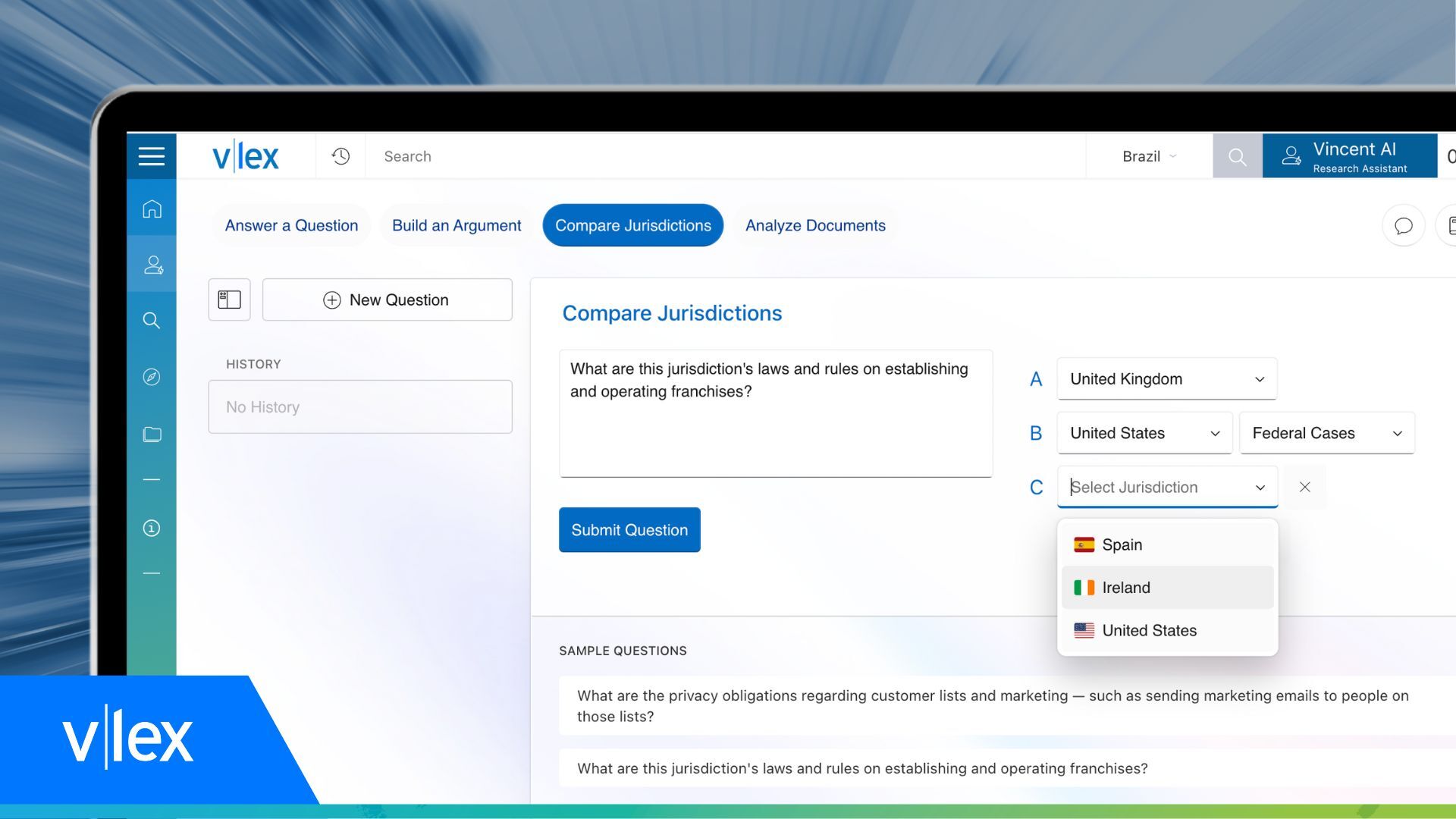ABA supports bill addressing due-process concerns in civil asset forfeiture cases

The ABA is supporting a federal bill that would increase due-process protections in civil asset forfeiture cases.
U.S. Rep. Jim Sensenbrenner, R-Wis., reintroduced the bill in March, according to a press release by his office. The bill increases transparency, adds protections for innocent property owners, increases the government burden of proof, improves notice to property owners, and entitles property owners to an initial hearing where they can immediately retrieve wrongly seized property.
The ABA’s Oct. 25 letter (PDF) says the bill, H.R. 1795, includes protections endorsed by the ABA in a statement of principles for improvements to federal forfeiture laws.
The principles say the government should have the burden of proof in forfeiture cases, and the standard for the burden needs to be more rigorous, according to the letter. Another principle is that time limits for property owners to contest forfeiture actions should be extended and there should be a uniform innocent owner defense.
The ABA sent the letter supporting the bill to three House committees.
H.R. 1795 is called the Due Process Act of 2017, a shortened version of its name: the Deterring Undue Enforcement by Protecting Rights of Citizens from Excessive Searches and Seizures Act.
Civil forfeiture allows law enforcement agencies to confiscate property without charging anyone with a crime, the Institute for Justice explains in a press release. The Sensenbrenner bill raises the standard of proof in civil forfeiture proceedings from preponderance of the evidence to clear and convincing evidence.
The bill states that when the government’s theory of forfeiture is that the property was used to commit or facilitate a criminal offense, the government shall establish by clear and convincing evidence that: the property owner intentionally used the property in connection with the offense, knowingly consented to use of the property by another in connection with the offense, or knew that the property was being used in connection with the offense.
Sensenbrenner explained why he supports the bill in an op-ed for the Hill. “Civil forfeiture cases make a mockery of the Constitution and its protection of private property by creating the legal fiction that the property itself is the defendant in a crime,” he wrote.
“The law pretends that inanimate objects have committed wrongdoing and then assumes that property should be entitled to fewer procedural protections than people. For innocent individuals, getting seized property back can be a long, onerous, and often prohibitively expensive process.”
Congress enacted some reforms in 2000 when it passed the Civil Action Forfeiture Reform Act, Sensenbrenner wrote. The law required the government to get a warrant based on probable cause before seizing property, to send written notice of the seizure to property owners, and to present clear evidence that the seized property was used for criminal activity. It also gave innocent owners the ability to retrieve their seized property faster.
The Due Process Act builds on the reforms in the 2000 law, Sensenbrenner said.
See also:
ABAJournal.com: “Justice Department reinstates forfeiture program that returned seized assets to local police”



